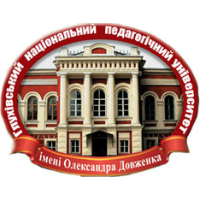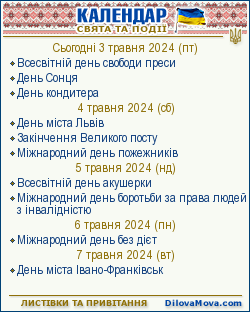 English
English Русский
Русский Українська
Українська
Мови
KOVALENKO Yu. O. Trip to Chechnya
This short article deals with the author’s search work within the archaeological site places of the Second World War battles in the Chechen Republic (Russian Federation) in autumn 2013.
The task of the expedition was to identify the place where the battle took place during the World War II, and with the help of search equipment and possibly identify and exhume the remains of fallen soldiers. The immediate task of specialists from Ukraine was to teach Chechen engines various methods of search work.
For most of us the events since the World War II in the North Caucasus were known superficially. Personally, I imagined these small battles occasional clashes somewhere high in the mountains between the German Special Forces "Edelweiss" and our mountain infantry. What we saw really turned our imagination about the battle for the Caucasus. Fields and woodland where we had to work were simply stuffed with "Iron War" and human remains.
We had to work on multiple objects within a radius of about 30 km. Each of Ukrainian specialists took under his wing several Chechen engines and during search operations in detail told what and how to do. This was especially true correct stripping, fixing finds, and documentation. One of our colleagues had to make trips to remote areas of the river Terek to Mozdok and in search of submerged equipment. With powerful search equipment he was able to discover in these places significant anomaly. According to preliminary information at the bottom of reservoirs in one case had to be a plane, and the other - light tank. The picture will clarify further research, which will hold using divers.
The result of our expedition is the remains of 82 Red Army's soldiers. They were buried with the military honors in Naursky district of the Chechen Republic in early 2014. Local search unit "Terek" continues to work with the search and exhumation of the end of the field season. Unfortunately, we could not identify a single soldier since the time of the expedition because we have not found a single soldier medallion.
Of course, to talk about all the details of our Chechen expedition we would have to publish a separate book. Looking back on it, it makes me understand why many writers and poets of the XIX century who in their young age had to fight in the Caucasus began to write. Perhaps the one who was there just could not write about this country and its people.
We returned home in the same composition, with the same driver and re-horsemen accompanied by police cars with flashing lights. Chechnya probably will be long remembered as one of the brightest search expedition.
Keywords: Chechnya, the battle for the Caucasus, Search job, archaeological excavations, exhumation.
- 787 reads





